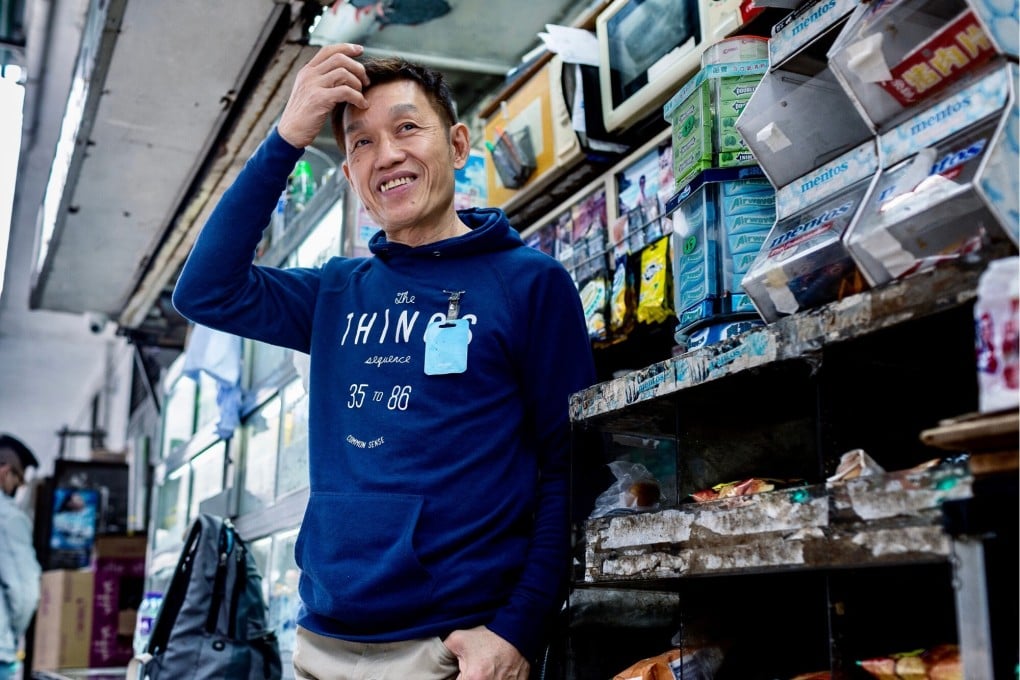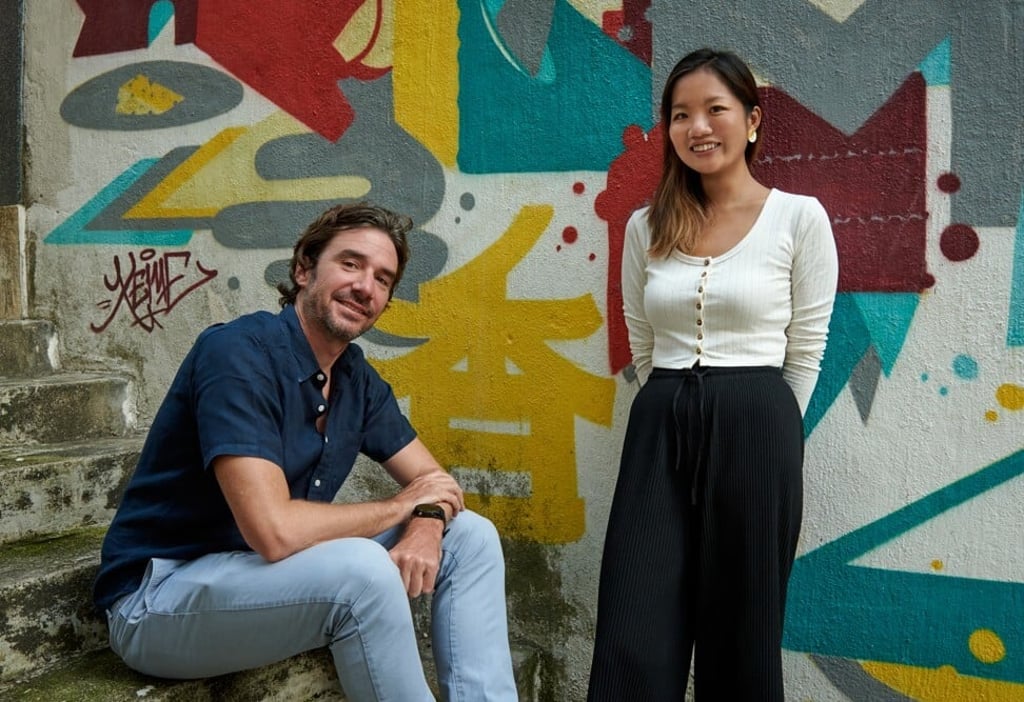The low-paid workers in one of the world’s richest cities who are often overlooked – until now
- Online platform Hong Kong Shifts tells the stories of people like cleaners and security guards vital to the city’s running to raise awareness and drive change
- So far focusing on born-and-bred Hongkongers or immigrants from China, the aim is to broaden coverage to others regardless of their ethnicity

Two lawyers have been working on an unusual brief in their spare time: to spotlight Hong Kong’s often overlooked, overworked and underpaid people who keep the territory ticking over.
They are the backbone of one of the world’s richest cities, but are practically invisible. Yet they receive their 15 minutes of fame – and applause – on an online platform called Hong Kong Shifts.
The project is the brainchild of former colleagues Maxime Vanhollebeke, 42, a Belgian who specialises in competition law, and Cynthia Cheng Chung-hsing, 30, who has branched out into graphic design while still working on ad hoc legal projects.

“We launched Hong Kong Shifts in July 2019, quite simply because we wanted to put a spotlight on people who are all too often taken for granted,” Vanhollebeke says.
The two lawyers work on the Hong Kong Shifts website in tandem, backing it up with posts on Facebook and Instagram. Vanhollebeke shoots the photos, while Cheng, who grew up in Hong Kong’s Happy Valley neighbourhood and has worked in Europe and the Middle East, does the interviews.